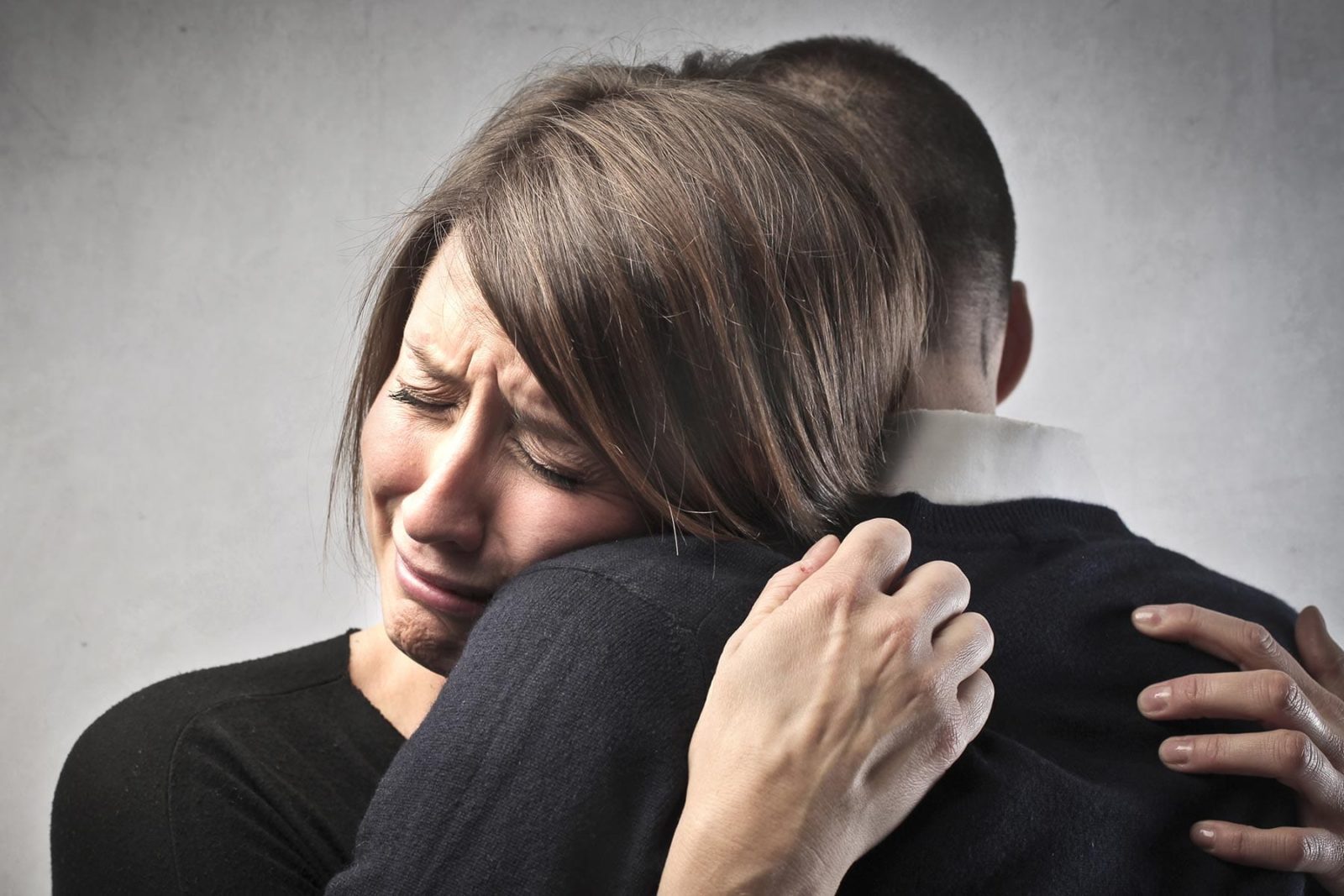Common suicide myths
We all want to support people in our lives who are struggling, but suicide myths can create barriers that prevent us from reaching out to someone who needs help. When we replace these myths with understanding, we can help break down the stigma, making it easier for people who are distressed to get the help they need.
Suicide myth
Asking someone if they are suicidal will put the idea in their head.
Fact
Talking about suicide will not put the idea in their head. You can ask the person in a non-judgemental, compassionate way if they are feeling suicidal or if they have been thinking about suicide. By discussing it openly and honestly, you are giving the person the opportunity to express their feelings and take a step towards getting the support they need.
Suicide myth
There are no warning signs that someone may be suicidal.
Fact
Some people exhibit warning signs or communicate their intent. Research indicates that many people who die by suicide have communicated their intent to someone else in the weeks or months leading up to their death or shown significant differences in their actions and behaviours.
Suicide myth
If someone talks about suicide, they probably don’t intend to follow through with it.
Fact
If someone talks about suicide, it is often a sign that they are struggling and are reaching out for help. It’s important to take any mention of suicide seriously and provide support and resources to help the person get through their crisis. If someone talks to you about suicide, you can call Suicide Call Back Service on 1300 659 467 for support. If the person is in danger, call 000 immediately.
Suicide myth
Once a person feels suicidal, they will always feel that way.
Fact
While suicidal thoughts can be hard to overcome, they are not permanent. With appropriate support, many people recover and go on to live long and fulfilling lives.
Suicide myth
Only people diagnosed with a mental illness are suicidal.
Fact
While mental illness can be a risk factor for suicide, many people who experience suicidal thoughts or behaviours do not have a mental illness. Other factors can play a role, such as trauma and stressful life events. The risk factors for suicide are complex, and suicidal thoughts can affect anyone.
Suicide myth
Suicide is an act of selfishness.
Fact
Suicide is not an act of selfishness. People who have suicidal thoughts often feel intense emotional pain and distress. Very often, they feel like they are a burden, and family and friends will be better off without them. The person may feel hopeless and struggle to imagine that things will improve.
By dispelling these suicide myths, we can better support people in our community who are struggling. We all have a role to play in creating a community where people feel comfortable seeking help and support when they need it.
If you need support, call Suicide Call Back Service on 1300 659 467 or click on the floating chat button on the right for online counselling. Our service is free, and counsellors are available 24/7.
If it is an emergency, call 000.









